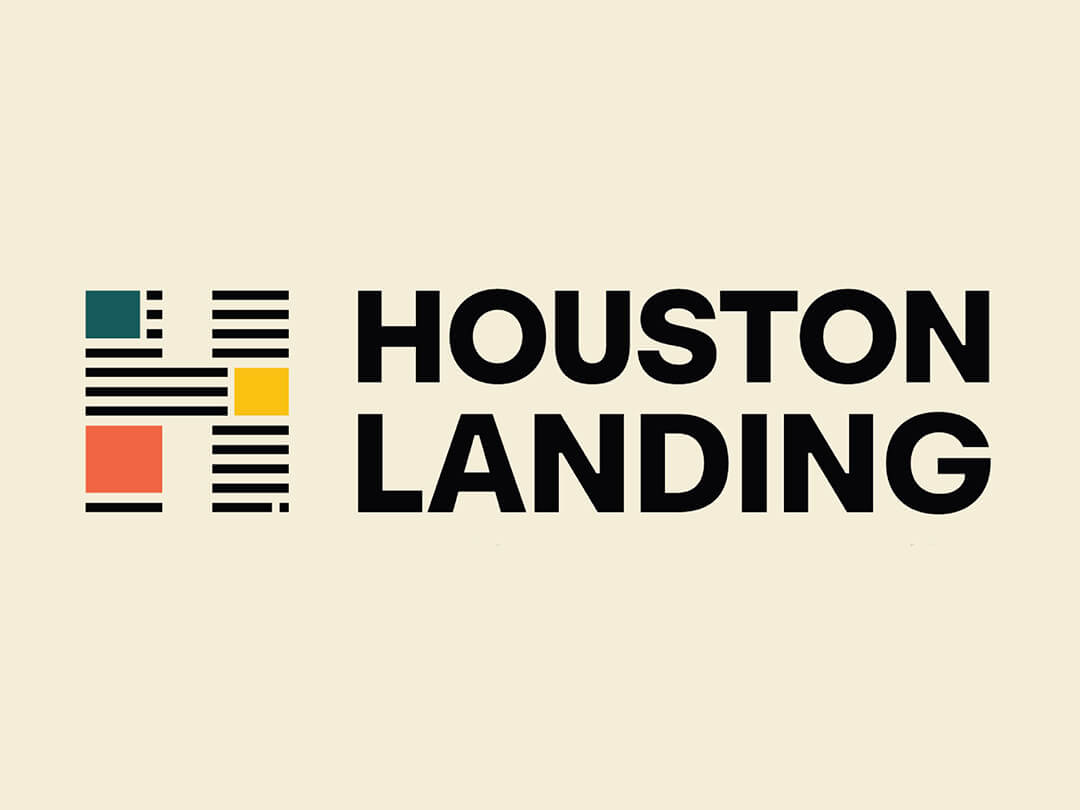A new battle in the ad blocking wars has broken out as major American newspaper companies today threatened legal action against Brave Software.
Brave, a creation of Mozilla co-founder Brendan Eich, not only blocks ads but offers to pay users in bitcoin if they view alternative ads. (It also says it will give more than half the revenue generated by the substitute ads back to the original web publisher).
The Newspaper Association of America, representing 17 publishers of 1,200 daily papers, issued a harshly worded cease-and desist letter this morning.
You are hereby notified that Brave’s plan to replace our clients’ paid advertising content with its own advertising violates the law, and the undersigned publishers intend to fully enforce their rights.
Your plan to use our content to sell your advertising is indistinguishable from a plan to steal our content to publish on your own website.
The signatories include attorneys for The New York Times, Wall Street Journal, Washington Post, Gannett and other large chains.
Eich announced the concept for Brave in January and last week posted a dashboard for users. It is unclear whether beta users are yet being served the alternate ads.
I spoke to NAA president and CEO David Chavern, who told me there were no prior negotiations with the company. “There’s not a lot to talk about. We are never going to be OK with someone blocking our ads and sticking others in.” It’s like someone taking $10 out of your pocket, he said, and giving you $5 back.
Ad blocking generally and Brave’s variation is a major issue for publishers in Europe (where their use is more prevalent) and for entirely digital news sites. Chavern said he already had received supportive emails from those groups but chose not to involve them in the initial salvo. “We decided we weren’t going to wait around.”
Brave, like other ad-blocking vendors, frames its service as helping users get privacy, security, quicker load times and less draw down of data limits in their smartphone plans. Its promotional site also suggests that users who don’t opt for blockers can be exposing themselves to malware disguised in an ad format.
In a rejoinder statement, Brave said that NAA’s letter “is filled with false assertions. The NAA has fundamentally misunderstood Brave. Brave is the solution, not the enemy.”
Brave goes on to say there is no unauthorized republication of content involved:
Browsers do not “republish,” serve, syndicate, or distribute content across the Internet or to any computer other than the one on which they run…
Browsers are the end-point for secure connections, the user agent that actually mediates and combines all the pieces of content, including third-party ads and first-party publisher news stories. Browsers can block, rearrange, mash-up and otherwise make use of any content from any source.
Brave’s rebuttal also asserts that there have been recent instances of malware inserted by third parties on both the New York Times’ and BBC’s sites.
The industry response to the ad-blocking phenomenon to date (both in the U.S. and abroad) has been to deploy a variety of counter tactics, at the same time admitting that they bear some responsibility for slow load times and clutter.
“There’s a range of things you can do,” Chavern told me, including “communicating with readers” or the more extreme action of requiring readers to pay if they decline to disable ad blockers.
“But you also need to work on cleaning up your own act. It’s amazing how sites let themselves get gunked up over time, perhaps without knowing it.”
Some other ad blocking services seek to make money by allowing advertisers to “white list” their messages for a fee, which then get served. But I’m unaware of others taking Brave’s approach.
The Brave statement closes with the hope “to sit down with them (the NAA and individual publishers) for an opportunity to discuss how the Brave solution can be a win win.” I wouldn’t hold my breath waiting for that to happen.
Shown the Brave statement, Chavern replied by email: “Brave decided to move ahead with a product that removes ads and replaces them with ones they have sold themselves, and they did this without consulting many (if not all) of the publishers impacted. If they want to talk to publishers about their product they should have done that before releasing it.
And good try about making this about ‘all ad-blockers.’ That is false on its face.”







